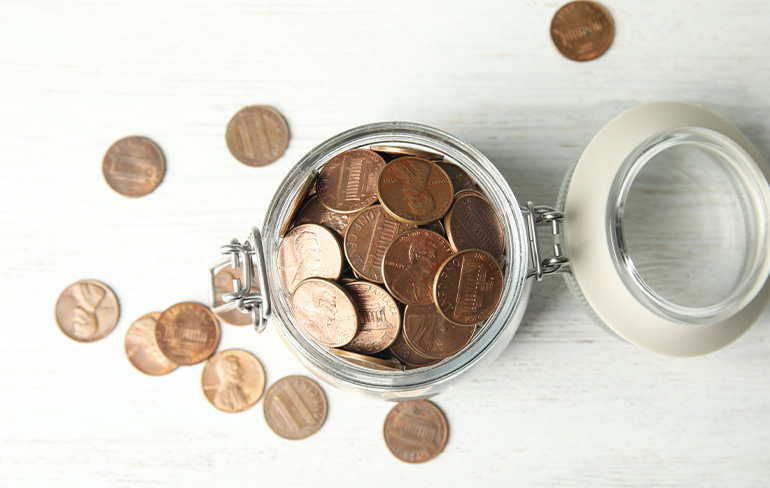We've all heard of the 50/20/30 rule, and we've all been overwhelmed staring at excel, trying to input every expense, and hoping to come out in the positive.
Budgeting is a very frustrating but necessary evil. It is tricky because it's challenging to establish a hard-set rule on how much you should spend because, honestly, we all have different priorities. Just because one person can keep their spending low on food because they live off ramen and fast food does not mean another person can do the same. And there are so many other small pleasures we may not want to live without, like a gym membership or a Netflix subscription.
And there are so many other small pleasures we may not want to live without, like a gym membership or a Netflix subscription.
Many, unfortunately, tend to live above their means and rack up credit card bills to get by. We understand budgeting is an adjustment, especially with the pandemic and many people career shuffling the past year and a half, but we need to do it. According to a study, 60% of U.S. adults feel anxious when thinking about their finances.
There are numerous budgeting "rules" out there like the envelope method – setting aside cash for each expense and limiting yourself to the amount in the envelope. But we prefer a more customizable method, like this one below.
- Calculate your expenses
- You can do this for the month or bi-weekly (as most people get paid in this manner).
- Don't forget any subscriptions.
- Set aside money for food (how much do you typically spend per week at the grocery store, and don't forget dining out too - be realistic).
- If you know of any events, trips, or appointments that will require you to spend money on in the time frame you are budgeting for, add that here, as well.
- Sweat the small stuff - We often forget to include our toiletries, cleaning products, and other daily use items, but the little things add up!
- Determine your income after tax (if it varies, use your last paycheck, or take an average of your paychecks - remember it's better to round down than up).
- Don't forget you can always make adjustments later if you don't know your exact income.
- Subtract your expenses from your income, and if you don't have anything left over, you may need to reassess some expenses.
- Reevaluate any nonessential expenses like subscriptions, social events, gifts, etc.
- Are you eating out or cooking? If you don't have time to cook, can you afford to get pre-made meals delivered or meal prep 1-2 meals per week to reduce costs?
- Make it a priority to put some amount in your savings account every paycheck, and DO NOT TOUCH IT unless absolutely necessary. According to the 50/20/30, 20% should be set aside for saving or helping pay off debt, but we know that is not always realistic, and paying off debt is often a bigger priority to help you save in the future.
- If you have extra money, that's great, but limit yourself. Save for other things in life that come up, and if you have money left over once your next paycheck comes, put it in savings!
We understand it's a lot, but there are many resources out there at your disposal. NerdWallet put together a list of The 7 Best Budget Apps for 2021.
If you are an HSA or HRA participant with Medcom, you already have a free resource available to you, our Financial Fitness platform, powered by Enrich! Although Financial Fitness is only included with our HRA or HSA administration, clients can purchase the platform for participants who are not enrolled or enrolled in other accounts, such as an FSA.
We wish you luck on your financial journey and as always, feel free to contact us if you have any questions!





